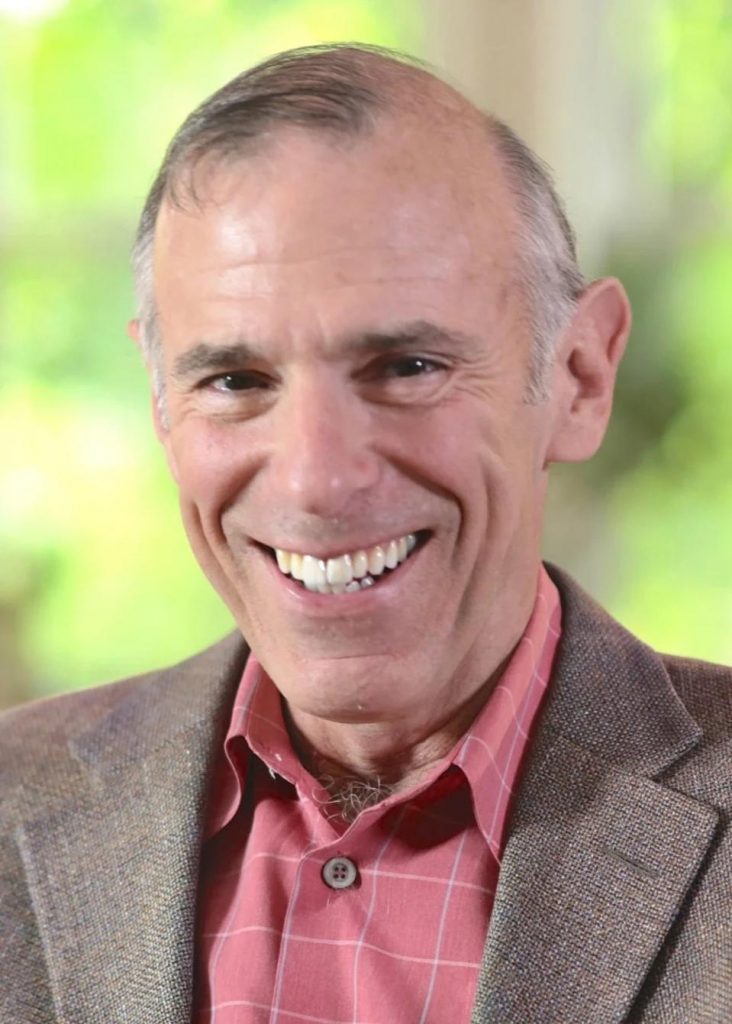In an era defined by digital noise and shrinking attention spans, the pursuit of mastery may seem quaint—if not impossible.
But Tony Wagner, renowned education thought leader and co-author of Mastery: Why Deeper Learning is Essential in an Age of Distraction, argues that mastery is not only possible—it’s essential. At a time when AI delivers answers in seconds and traditional credentials are losing their currency, Wagner believes the future belongs to those who can demonstrate what they can do with what they know.
Wagner’s call to action is clear: we must reimagine education to cultivate deeper learning, intrinsic motivation, and learner agency. In our conversation, he dismantled outdated assumptions about seat time and standardized tests, and offered a compelling vision for performance-based assessment, community engagement, and skills-first hiring. His insights challenge educators, employers, and parents alike to rethink what readiness really means—and how we measure it.
“We’re living in an attention economy,” Tony Wagner told me. “We are bombarded with information, infotainment, and endless alerts. Many of us struggle with overload and find it increasingly difficult to discern what’s important or even what’s true.”
In this climate, Wagner argues, the very qualities required for mastery—persistence and focus—are harder than ever to cultivate. That’s why he believes education must evolve. “We must reimagine education for the 21st century and create a system where deeper learning is the antidote to constant distraction.”
Wagner is unsparing in his critique of the current system. “Our system was designed in the early 20th century to sort students efficiently by how much academic content they could memorize and recall. Grades, seat time, and standardized tests remain the coin of the realm. But that currency is now worthless.”
He points to a growing disconnect: students disengaged in class, employers dissatisfied with applicants’ skills, and AI reshaping the value of knowledge. “The premium is no longer on what you know, but on what you can do with what you know.”
So what is mastery learning? Wagner defines it as “developing the ability to do something that matters to you, your family, your community, or your employer. It is about having both the skill and the will—the motivation—to contribute.”
He contrasts this with traditional reform efforts focused on accountability via standardized tests. “Aside from basic assessments of literacy and numeracy in the early grades, these tests do not measure the skills that matter most.”
Assessment, Wagner says, must evolve too. “Scouting offers us a useful model for assessing skills, including character skills. To earn a badge, scouts must meet clear performance standards for a given set of skills as measured by collective human judgment, informed by evidence.”
He envisions credentials as merit badges—some required, some elective—with learners demonstrating mastery through portfolios, projects, and public defenses. “The goal should be to certify competence based on evidence, as we do with plumbers, pilots, physicians, and in many more professions.”
Intrinsic motivation, Wagner insists, is key. “The heart of intrinsic motivation for learning is our innate curiosity and playfulness—a desire to explore and try new things.” He describes “hard fun”—disciplined play that leads to deeper learning and better outcomes.
Parents, employers, and communities all have a role to play. “Parents need to understand that high GPAs and test scores and admission to selective schools no longer guarantee success.” He notes that more than 700 colleges now accept digital transcripts based on skills. “Employers need to do the same… Communities can host defenses of learning and exhibitions of student work, mentor students, and celebrate real demonstrations of mastery.”
Learner agency, Wagner says, is the “motivation for mastery.” Students must have voice and choice in how they learn, what they pursue, and the pace of progress. “Standards for proficiency remain constant—the compass—but the pathway is variable.”
He sees promising signs in higher education and the workplace. “Colleges are already experimenting—accepting mastery transcripts that show what students can actually do. Employers from IBM to Accenture are moving toward skills-based hiring.”
Looking ahead, Wagner offers a roadmap for change: “States adopting performance-based assessments. Parents and communities celebrating evidence of students’ real skills. Colleges accepting mastery transcript. Employers hiring explicitly on competencies, not just credentials. When assessment, admission, and employment all pivot to mastery,” he says, “we’ll know the system has turned.”
Tony Wagner’s vision for mastery learning is more than an educational reform—it’s a cultural shift. In a world of distraction, deeper learning offers clarity. In a system built on compliance, mastery demands commitment. And in a future shaped by automation and acceleration, the human skills of curiosity, creativity, and contribution will define success.
As Wagner reminds us, “Ownership of the learning is what turns compliance into commitment.” That’s a transformation worth pursuing—not just in classrooms, but across every domain where learning matters.

